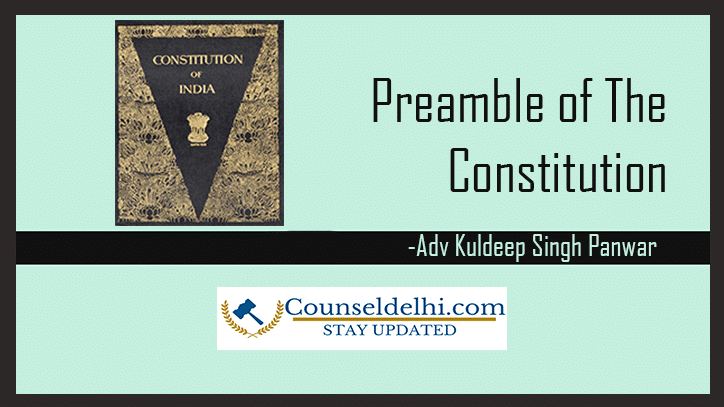Decriminalising attempt to suicide passed by parliament, Mental Healthcare Act, 2017
This bill was introduced and passed by the Rajya Sabha on the 8th of August, 2016, and in the Lok Sabha, it was passed on the 27th of March, 2017. Thereupon the bill was enacted in July 2018 as the Mental Healthcare, 2017.
This act includes the provision which decriminalizes attempts suicide, stating that a person who attempts suicide should be presumed to have severe stress, and shall not be punished. As per the provision of this Mental Healthcare Act, 2017, it will be the government’s duty to provide care, treatment and rehabilitation to a person, having severe stress and who attempted to commit suicide, to reduce the risk of repetition of any attempt.
The present position after this provision becomes that a person who attempts suicide should be presumed to have severe stress and shall not be punished by authorities.
Legal aspects regarding attempt to suicide:
Section 309 of the Indian Penal Code criminalizes attempted suicide as well as suicide assistance.
Whoever attempts to commit suicide and does any act towards the commission of such offense, shall be punished with simple imprisonment for a term which may extend to one year or with fine, or with both.
However this provision of Indian Penal Code, 1860 is still in effect and does not repeal due to the enactment of this Mental Health Care Act. This act has only imposed the restriction on the application of 309 IPC section. The relevant provisions of the Mental Health Care Act are as follows:
115(1): Notwithstanding anything contained in section 309 of the Indian Penal Code, any person who attempts to commit suicide shall be presumed, unless proved otherwise, to have severe stress and shall not be tried and punished under the said Code.
(2): The appropriate government shall have a duty to provide care, treatment, and rehabilitation to a person, having severe stress and who attempted to commit suicide, to reduce the risk of recurrence of attempt to commit suicide.
The bill also stipulated that the Government would have a duty to provide medical care to persons that attempted suicide. During the process of this act enactment, there was a report in Rajya Sabha regarding its implementation. In its report, the standing committee expressed three concerns on article 124:
firstly, that the presumption of mental illness would subject persons to ‘mental health treatment’,
secondly, concerns about the consequences of Section 306 of the Penal Code, which concerns abetment to suicide, and
thirdly, concerns regarding the “institutionalization in silencing victims of domestic violence.”
Section 124 of the bill describes the decriminalization of the ‘attempt to commit suicide’
Section 124 (1) recognizes a person who has attempted to commit suicide is exempted from punishment under the I.P.C as presumed to be ‘suffering from a mental illness unless proven otherwise’
Section 124 (2) recognizes the suffering being undergone by a person who attempts suicide and seeks to provide them with care and consideration, instead of subjecting them to criminal prosecution
In response, the Ministry proposed amendments that would change the language of this provision to one concerning the “presumption of severe stress in case of attempt to commit suicide”. The Committee accepted this recommendation, noting that there was still ambiguity regarding the stage at which this presumption would operate.
This Act, Mental Healthcare Act does not repeal Section 309 of the Indian Penal Code in any way, but merely provides the presumption of mental illness.
The bill also provides that a person with mental illness will have the right to make an advance directive that states how he/ she wants to be treated for the illness and nominate a representative.
The provision 124 basically provides that a person may be exempt from the punishment but not from prosecution. There is always a possibility will remain for a victim that the police can remand a person who attempted suicide in custody and produce before a magistrate since the presumption of the law is that the person with the attempted suicide has a mental illness. And at the same Magistrate has powered through the provision 111 of this act to see that any person with the mental illness is conveyed to a public mental health establishment for assessment/ treatment for up to ten days. Therefore, the person with attempted suicide may continue to hesitate in seeking medical treatment after a suicidal attempt, due to a perspective fear of probably enter into the case against him against their own consent. And some other issues and problems related to possible misuse of the provision may arise. As in the case of a person attempted suicide in the background of domestic violence.
Now the position has been shifted in the official term from legal to a medical model of the attempt of suicide. There is an important challenge that has arisen from this policy and now this provides access to mental health care for those all people who attempted suicide. Victims with attempted should be advised for a psychiatric consultancy in all cases.





